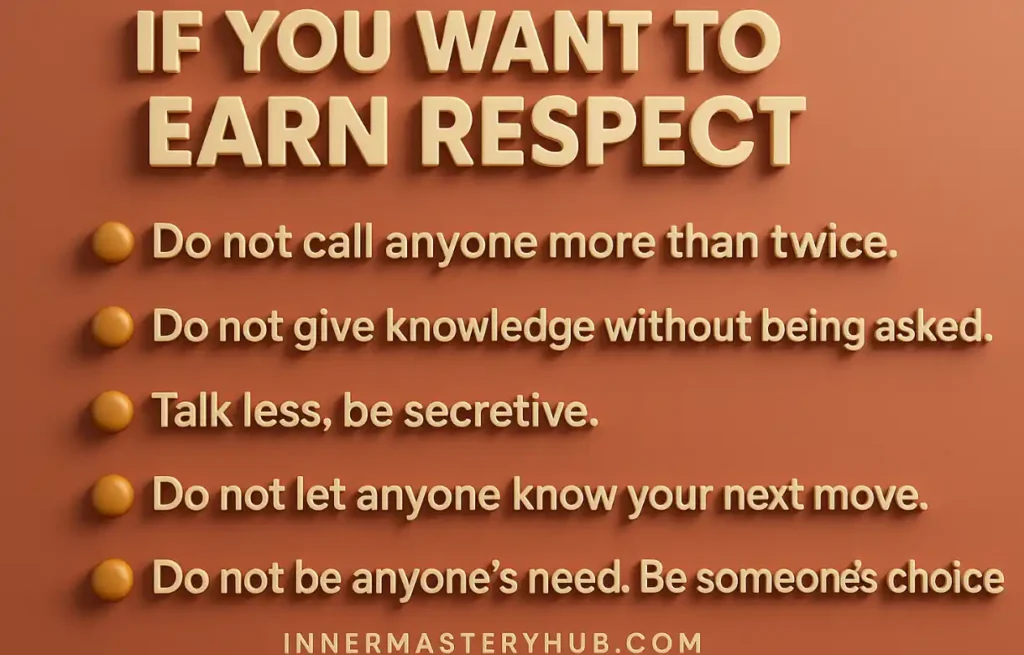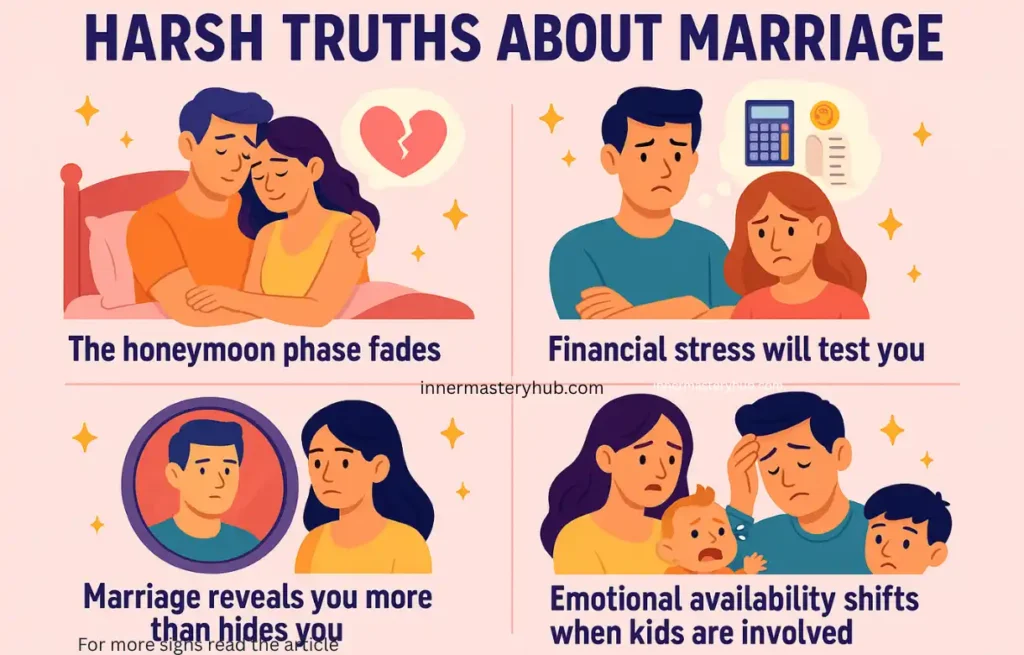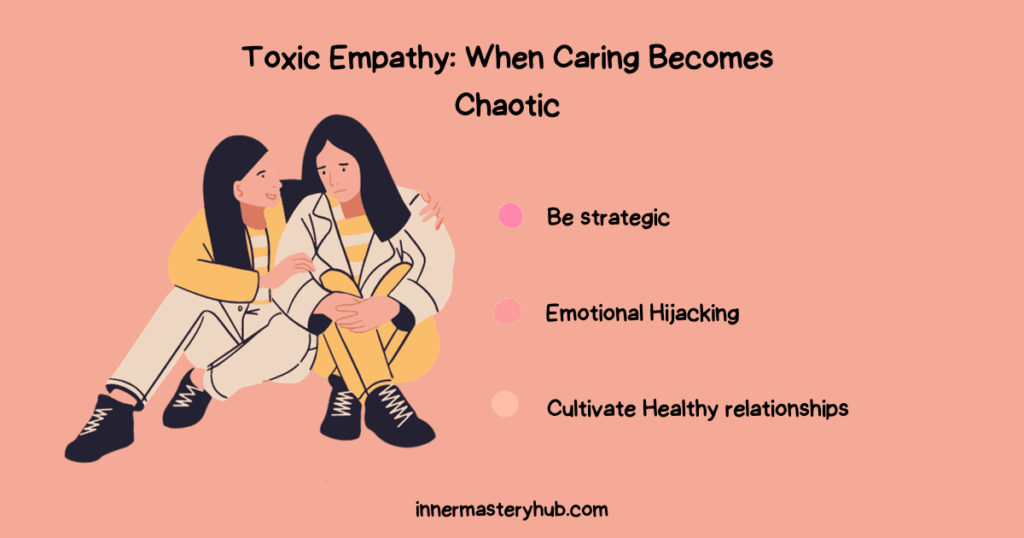If You Want to Earn Respect, Avoid These 15 Costly Mistakes

If you want to earn respect, it’s not about demanding it or expecting others to give it to you automatically. Emotional intelligence, integrity, and consistent behaviour are the foundations of absolute respect. Earning respect from others is more about how you treat them and how you comport yourself than it is about rank or titles.
Avoid 15 Common Mistakes. If you want to Earn Respect
1. Neglecting to Listen Actively
Some people think that being the loudest or speaking the most is a sign of respect. But listening intently earns respect from others genuinely. When people feel heard, they feel appreciated. Talking too much, interrupting, or answering too quickly makes other people feel ignored. They gradually come to dismiss you as thoughtful or reliable. Just slow down, express curiosity, and ask questions to help you reverse this. Listening reveals your importance to others, and nothing earns respect from others more quickly than that.
2. Ignoring Body Language and Tone
Despite your attention to words, your tone and body language convey more information than your words do. According to social psychology studies, more than 70% of communication is based on nonverbal clues. Slouching, avoiding eye contact, or muttering can give the impression that you are uneasy or uninterested. Even with a strong message, your tone and body language may convey insecurity. Develop your ability to talk correctly, stand straight, and make calm eye contact. It should be clear by your presence that you believe what you’re saying. That self-assurance earns respect from others by default.
3. Being Inconsistent in Behaviour
Respect and consistency go hand in hand. When your actions and words don’t align, people begin to doubt your integrity. Think about how you feel when someone makes promises and doesn’t keep them — it’s hard to trust them again. The same applies to you. If you commit to deadlines or promises, honour them. And when you can’t, communicate honestly. People respect reliability far more than perfection. Consistency tells the world you can be counted on.
4. Playing the Victim Too Often
When things don’t go your way, it’s easy to point the finger at others or situations, but playing the victim all the time weakens your reputation. Everyone has difficulties, but those who accept accountability stand out. Saying “It’s not my fault” over and over again could give the impression that you avoid responsibility. Accepting responsibility does not mean placing all the blame on yourself; instead, it involves understanding your role and focusing on what is within your control. That demonstrates maturity and wins enduring admiration.
5. Avoiding Conflict or Always Agreeing
You must speak up without fear if you want to earn respect. Silence might be interpreted as weakness, but many people avoid conflict because they believe it preserves the peace. Being genuine, not always in agreement, is what earns respect from others. You lose credibility when you repress your beliefs to appease others. Respect is actually increased when constructive disagreement is communicated in a calm, collected manner. It indicates bravery, self-assurance, and consideration. When it counts, you don’t have to fight; just be firm.
6. Being Arrogant or Dismissive
Arrogance is ugly; confidence is admirable. Respect is rarely gained by showing superiority, contrary to what some people believe. Although influential people may attract attention, they may not always arouse admiration. People may comply on the outside but hold resentment on the inside if you interrupt them, belittle their points of view, or act as though you know everything. Humility is the answer. Respected people have a self-assured yet modest attitude that appreciates others’ contributions.
7. Failing to Set Boundaries
Saying “yes” to everything makes people believe they are being helpful or kind, but when you are always going above and beyond, people will take advantage of you. Setting no boundaries provides the idea that your demands and time are unimportant. For boundaries and self-respect, saying “no” when necessary is a sign of self-worth. Boundaries safeguard your energy and self-worth. You can show your value to others by being assertive yet kind.
8. Forgetting to Appreciate Others
Giving respect is just as important as receiving it. You convey the idea that people’s contributions are unimportant when you ignore or undervalue their efforts. Loyalty and regard for one another are associated with appreciation in leadership studies. Give others credit by praising them, thanking them, or just acknowledging their thoughts. You’ll be shocked at how much respect and goodwill that small action inspires.
9. Reacting Emotionally and Impulsively
Everyone gets upset sometimes, but acting rashly or losing your temper can quickly damage someone’s respect. When someone is unpredictable, people are uncomfortable. Gentle handling of emotions demonstrates maturity and strength. You convey calm authority when you take a moment to think before you speak, especially in controversial situations. That consistency builds confidence. Learn to control your emotions rather than letting them control you if you want to earn respect from others.
10. Pretending to Be Perfect
Aiming for perfection may seem like a good approach to win people over, but it really breeds hatred rather than admiration. Authenticity builds far more profound trust. People can relate to you when you’re vulnerable or own up to your mistakes. Genuine leaders are routinely regarded as more credible and respected. Sharing your moments of learning makes you authentic, not weak. And those who have the guts to be authentic succeed in earning respect from others.
11. Showing Off or Dominating Attention
Some people try to gain respect by flaunting their accomplishments or status, but persistent self-promotion typically backfires. Respect is about how you make people feel in your presence, not how much attention you get. You might come out as uneasy rather than confident if you boast or interrupt to show off your knowledge. Let your efforts and deeds do the talking. Competence coupled with quiet confidence commands far more respect than loud self-promotion ever could.
12. Neglecting Self-Development
To gain respect, you need to show your skill and ongoing development. Those who are capable and dedicated to their own development are admired. Your credibility suffers if you don’t try to learn, stay the same, or keep making the same mistakes. Develop the habit of learning. Read more, ask for opinions, and maintain your curiosity. Self-improvement boosts your confidence and earns respect from others.
13. Disrespecting Yourself
If you don’t respect yourself, you can’t expect others to do the same. It’s simple to miss this error. You convey a low sense of self-worth when you allow others to mistreat you, disregard your boundaries, or violate your morals. Respect starts from the inside. Honour your commitments, take care of yourself, and behave morally. Respecting yourself makes it easy for others to follow your example.
14. Expecting Without Earning Respect from Others
Respect is not a given just because you have a title, expertise, or seniority. Without understanding that respect must be earned, many people expect it. You’re not expressing genuine admiration when you say things like “I’m the boss” or “You must respect me because I’m older.” Fairness, empathy, and consistent behaviour are the foundations of proper respect. Rather than requesting it, live it out in your everyday actions. People value fairness and authenticity much more than they do authority.
15. Ignoring Cultural and Personal Contexts
Respect differs depending on the relationship, age, and culture. In some contexts, an act that is considered respectful may be disrespectful. For example, whereas direct eye contact is considered rude in certain cultures, it is valued in others. Cross-cultural psychology research demonstrates that mutual regard is increased when one is sensitive to social norms. Spend some time learning about the beliefs, traditions, and expectations of those around you. Because of this awareness, your regard is genuine and appreciated.
phrases you can use if you want to earn respect from others
Don’t make more than two phone calls.
Never be friendlier than is absolutely required.
Never share your knowledge without being asked first.
Be quiet and reserved.
Don’t reveal your next move to anyone.
Do not be anyone’s need. Be someone’s choice.
Do only what you think is right.
I’ll take responsibility for that.
I appreciate your feedback — here’s my perspective.
I don’t have the answer right now, but I’ll find out.
Let’s focus on solutions, not blame.
I’d like to understand your perspective better.
I’m not comfortable with that.
Please don’t interrupt — I’d like to finish my point.
That doesn’t align with my values.
Let’s agree to disagree and move on.
I expect us to treat each other professionally.

I hear you — and I need you to listen to me too.
That tone doesn’t feel respectful. Can we restart?
I need some time to think before I respond.
I’m not trying to win, I’m trying to understand.
Appreciate you being honest, even if it’s hard to hear.
I won’t accept being spoken to that way.
I love you, but I also need to love myself.
Let’s find a solution that works for both of us.
I forgive you, but I still need time to rebuild trust.
I respect you, and I expect the same in return.
Final Thoughts
If you want to earn respect, the real work starts with self-awareness. Earning respect from others can’t be something you demand; it’s something you invite through your words, actions, and consistency. When I think about my own journey, I remember moments when I wanted others to respect me without realizing I hadn’t earned it yet. It took humility to see that respect is reciprocal — it grows when you give it, live it, and demonstrate it daily.
Think for a moment, which of those mistakes have you lately made? Maybe you’ve been too quick to speak, too frightened to disagree, or too generous with your time at the cost of your boundaries. Rebuilding respect is always possible. Begin by expressing appreciation, establishing boundaries, and listening more. Both how you and other people perceive yourselves are changed by these minor yet significant adjustments.
In the end, if you want to earn respect from others, focus on becoming the kind of person people innately admire: trustworthy, steady, sympathetic, and grounded. Those who live honourably are respected. Earning respect from others won’t be something you seek when your actions and words are in harmony, when you esteem both yourself and others.
FAQs about “if you want to earn respect”
What is earning respect from others, and how do I know I am respected?
Respect means being valued, trusted, and treated with fairness. You’ll know you’re respected when people listen to your opinions, keep their word with you, and speak honestly. Genuine respect shows in actions, not words — it’s built on mutual understanding, reliability, and consistent behaviour over time.
Why do some people get respect easily while others struggle, even when they perform well?
Respect is a combination of attitude and performance. Respect is gained more quickly by those who possess competence together with humility, confidence, and empathy. Even talented people who act haughtily, disregard others, or lack emotional intelligence frequently fail. Respect develops by actions as well as outcomes.
How vital is self-respect when you want to earn respect from others?
Self-respect is the foundation of all respect. If you don’t value yourself, others sense it and may treat you the same way. When you set boundaries, honour your values, and act with confidence, people naturally follow your lead and mirror that, which earns respect from others.
Is competence alone sufficient to earn respect from others?
No. Respect is not always earned by being good at your profession; admiration is. Additionally, integrity, emotional intelligence, and effective communication are necessary for respect. In addition to ability, people esteem those who are fair, trustworthy, and kind. The door is opened by competence, but it remains open by character.
What practical steps can I take today to earn respect from others?
Be on time, pay attention more, honour your commitments, and own up to your faults. Be courteous, maintain composure in the face of disagreement, and respect other people’s viewpoints. Be respectful to yourself first, and then to everyone else. These modest, consistent behaviours gradually gain enduring respect.
If you want to earn respect from others, what are the most important behaviours to adopt?
Be truthful, honour your word, listen intently, and treat everyone fairly. Be nice to others, maintain coolness under duress, and show consideration for their time and personal space. Be competent at what you do and humble in the process. Sincere respect is naturally drawn to these straightforward, consistent behaviours.
How long does it take to earn respect from others — and how can I sustain it?
What is the time required to gain respect—and how can I maintain it?
It usually takes weeks or months of consistent behaviour to earn respect. It develops gradually, but if confidence is lost, it can disappear rapidly. Stay dependable, modest, and genuine to keep it going. Continue to better yourself and be fair to others. When your words and deeds align, respect endures.
How much does context change what it takes to earn respect from others?
Context is critical. What is considered polite in friendships or across cultural boundaries may differ from what is considered polite at work. Directness is viewed as impolite in some cultures and as respectful in others. Be mindful of social cues, modify your tone, and remain cognisant of varying expectations.
What are everyday habits or attitudes that cause people to lose respect?
What routine behaviours or mindsets make persons less respectable?
Respect is destroyed by treating people disrespectfully, violating commitments, gossiping, acting haughtily, or evading accountability. Additionally, being phony or unreliable erodes trust. People value humility, responsibility, and honesty. People cease trusting in you when your words and deeds are inconsistent, and that’s how respect swiftly wanes.
Can respect be earned after being disrespected or losing respect? How?
It can, really. Begin by sincerely acknowledging your errors and continuously improving your behaviour. Restore confidence by being dependable, communicating clearly, and being humble. Be patient; respect comes gradually. People will gradually start to respect you again when they witness your sincere development and consistency.






